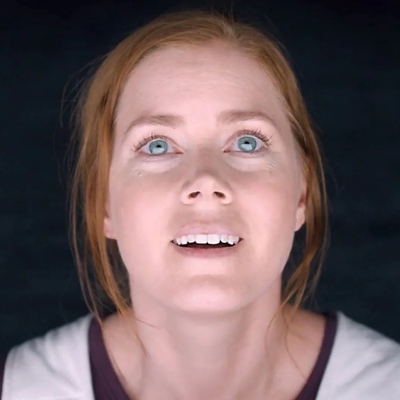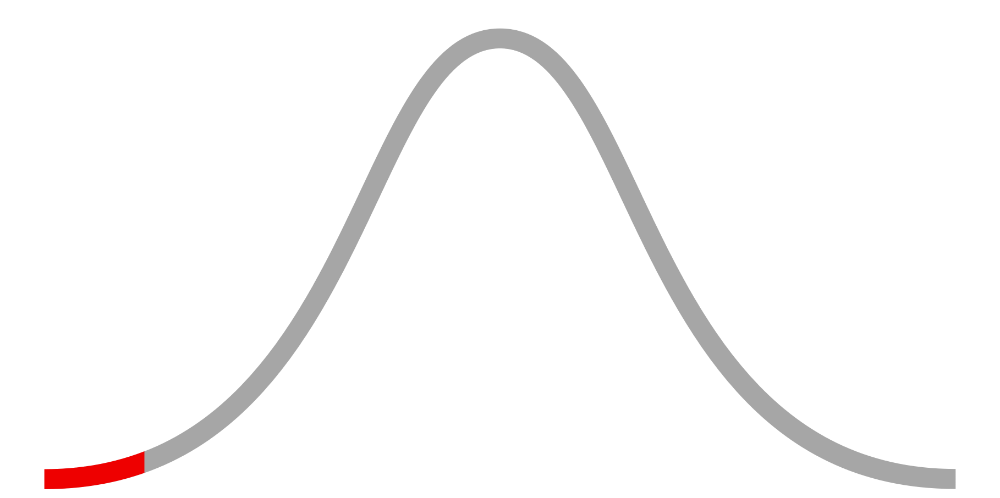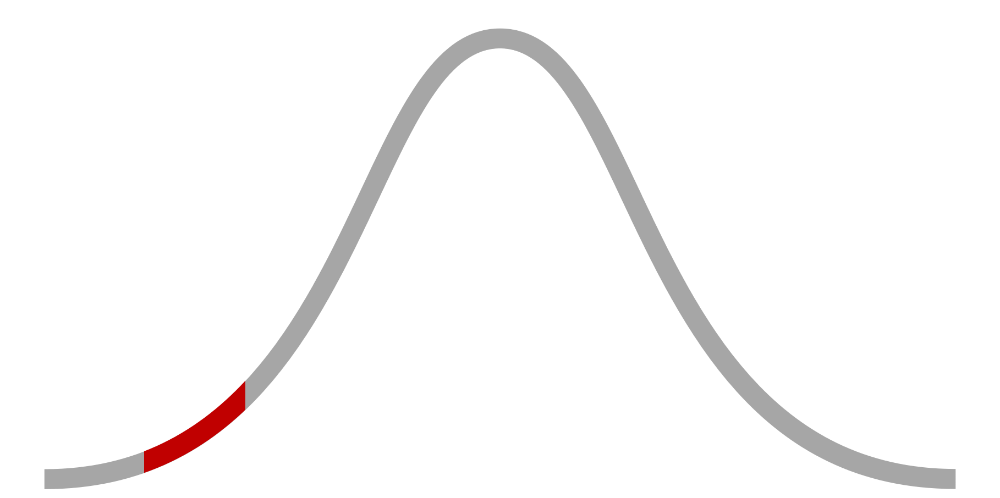Info
© 2026 Feels Co.
 Summary & key points
Summary & key points
In season 3, episode 4 ("Conflict of Interest") of the hit TV show Suits (2013), Harvard-trained corporate attorney Louis Litt visits an investment banker's office in order to confront Tony G. about his business empire. Louis encounters another man who intends to keep Louis away from Tony. Louis then drops several folders and has a brief but powerful conversation that explains his leverage. The investment banker's gatekeeper rebukes all of Louis' leverage and indicates that Tony is not present, but in Monaco. Between the insults exchanged, the banker smiles and says "We're not lawyers ... we didn't go to Harvard, we went to Wharton (notable business school) and we saw you coming a mile away." Louis feels defeated as the scene ends. Despite Louis' formal attire and direct clarity, he uses colorful language on two occasions and calls his counterpart "Spank." These juvenile insults demonstrate an above-average example of the Formality attribute.
 Summary & key points
Summary & key points
Popular children's television show host and producer testified before congress in 1969 in order to secure funding for public broadcasting. After only six minutes of speaking, Mister Rogers secured twenty million dollars in his party's favor. Everyone present understood the nature and importance of Roger's work alongside its impact on both young children and the future of America.
 Summary & key points
Summary & key points
In the hit movie Arrival (2016), linguist Dr. Banks has nightmares about her job of decoding an alien language, and presence, on earth. Dr. Banks' inability to differentiate a dream from reality while projecting novel dream content demonstrates an average example of the Inference attribute.
 Summary & key points
Summary & key points
In season 2, episode 24 ("Valley Girls") of the hit TV show Gossip Girl (2009), high schooler Blair Waldorf is vying for prom queen as she discovers new information about her progress. During the prom queen announcement portion of the school function, Blair accuses Chuck of sabotaging her with fake votes against her. However, others were scheming against Blair and Chuck actually submitted 150 votes in order to help Blair win prom queen. Blair's use of deductive reasoning and analyses of Chuck's actions, although incorrect, demonstrate an above-average example of the Inference attribute.
 Summary & key points
Summary & key points
In El Chombo's hit 2006 song called Chacarron, it is difficult to understand the lyrics for most of the track. This includes the repetitive chorus, as shown in the 90-second sample.
 Summary & key points
Summary & key points
In season 6, episode 6 ("Hop, Skip and a Week") of Sex and the City (2003), Charlotte finds Harry at a singles event at the synagogue and he proposes to her. Before he did, Charlotte let Harry know how much she missed him and adored him. Her strong affection and teary-eyed condition demonstrates the Emotion attribute.

















